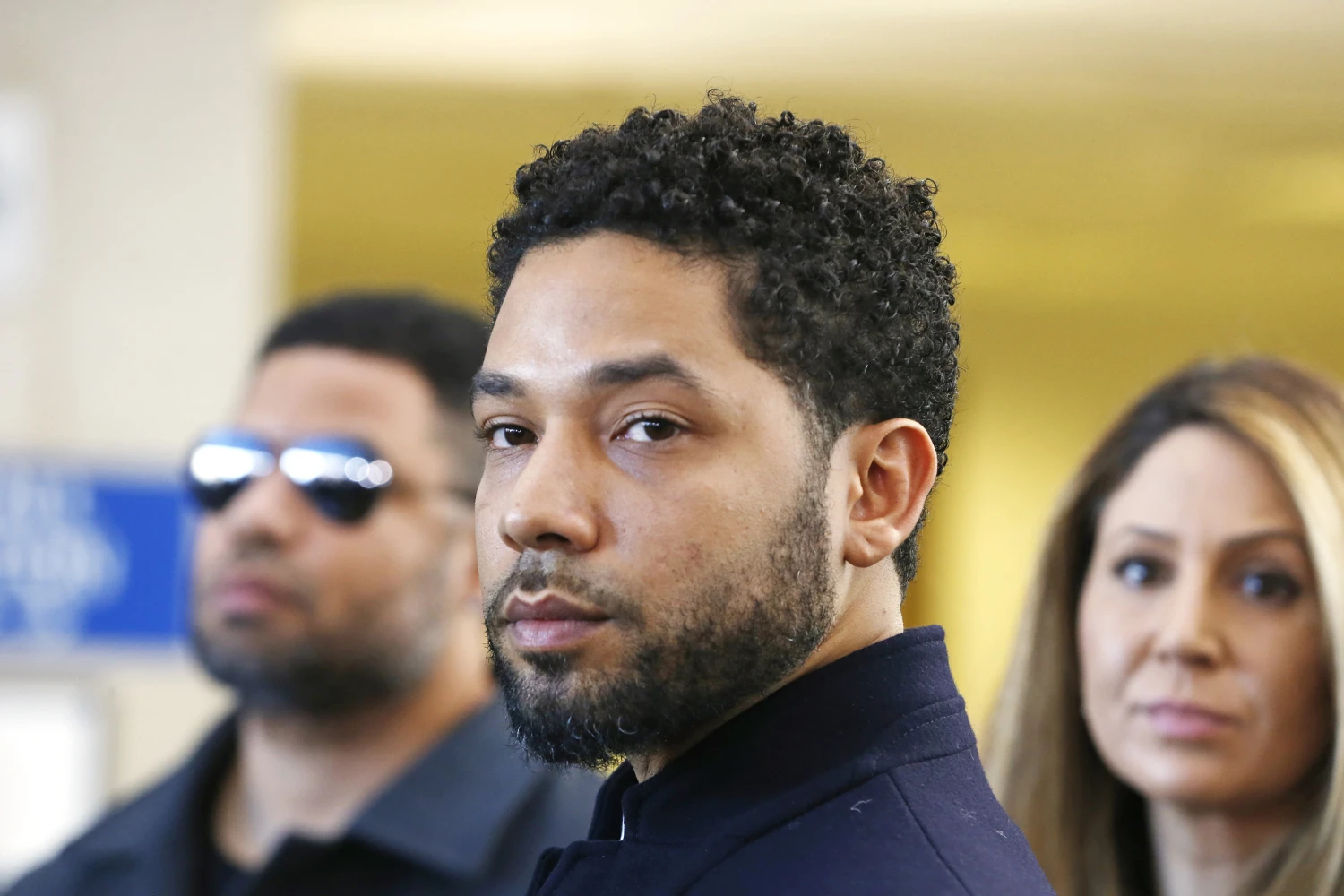The Illinois Supreme Court has overturned the conviction of actor Jussie Smollett, who was found guilty in 2021 of staging a fake hate crime against himself. The decision, announced on November 21, 2024, nullifies the prior verdict and sentence, bringing an end to a years-long legal saga that drew national attention.
The court ruled that Smollett’s rights were violated when a special prosecutor reopened the case after initial charges had been dropped in 2019. This ruling invalidates the 2021 conviction and Smollett’s subsequent sentencing.
Background of the Case
In January 2019, Smollett, then a star of the hit TV show Empire, claimed he was the victim of a racially and homophobically motivated attack in downtown Chicago. He alleged that two men assaulted him, yelled slurs, and tied a noose around his neck.
The story garnered significant media attention and public outrage. However, weeks later, Chicago Police announced that Smollett orchestrated the incident himself, paying two associates to stage the attack in an effort to boost his career. Smollett was subsequently charged with filing a false police report.
In March 2019, these charges were controversially dropped by Cook County prosecutors after Smollett agreed to forfeit his $10,000 bond and complete community service. However, a special prosecutor later revisited the case, resulting in Smollett being indicted in 2020 on six counts of disorderly conduct.
Trial and Conviction
In December 2021, after a high-profile trial, Smollett was convicted on five of the six counts of disorderly conduct for lying to police. He was sentenced in March 2022 to:
- 150 days in jail
- 30 months of probation
- Restitution payments of $130,000 to the City of Chicago
Smollett served only six days in jail before being released on bond pending appeal.
Supreme Court’s Decision
The Illinois Supreme Court’s decision focused on the legal validity of reopening the case after charges were initially dropped. The court determined that the dismissal of the original charges constituted a binding resolution, and revisiting the case violated Smollett’s rights. The ruling not only overturns his conviction but also nullifies his sentence.
Reactions and Implications
Reactions to the ruling have been deeply divided:
- Supporters of Smollett view the decision as a victory against overreach by the special prosecutor.
- Critics argue that the ruling sends the wrong message about accountability for filing false police reports.
- Legal experts note that the decision could set a precedent regarding prosecutorial discretion and double jeopardy in cases where charges are initially dropped.
Smollett has consistently maintained his innocence, asserting that he was the victim of a genuine hate crime. While his conviction has been overturned, the public remains divided over his claims, and questions linger about his future in the entertainment industry.

